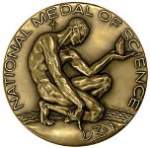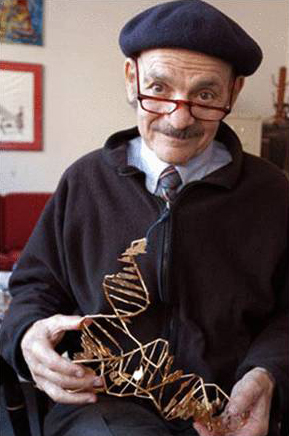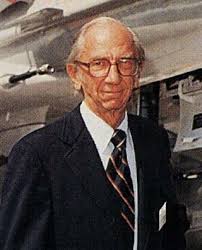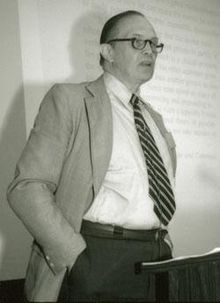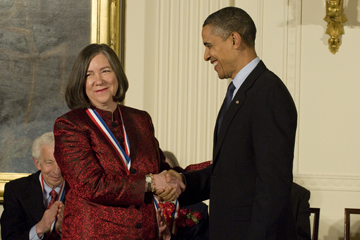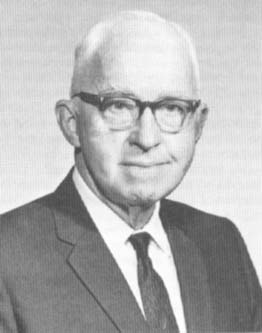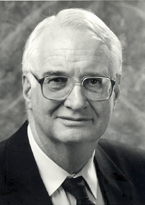Bernard Brodie National Medal of Science Awarded In 1968
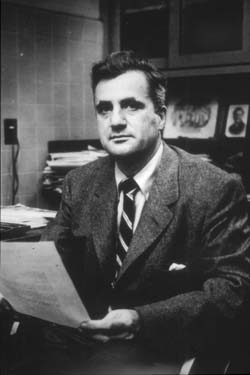
Bernard Brodie
Award Name : National Medal of Science
Year of Award : 1968
Award for : Biology
Location : Liverpool, England, United Kingdom
Bernard Beryl Brodie is a leading researcher on drug therapy, is considered by many to be the founder of modern pharmacology and brought the field to prominence in the 1940s and 1950s. He was a major figure in the field of drug metabolism, the study of how drugs interact in the body and how they are absorbed. He was born on August 7, 1907 in Liverpool, United Kingdom. Brodie did his undergraduate work at McGill University and received a Ph.D. in chemistry at New York University in 1935. After his graduation from N.Y.U., he was an associate professor there until 1950, when he joined the National Institutes of Health. He received the National Medal Of Science in 1968. His most significant discovery was that animal and human responses to drugs do not differ significantly. This pioneered the concept that blood drug levels must guide therapeutic dosages and he established the basis for the chemotherapy of malaria. Dr. Brodie died in 1989 in Charlottesville, Virginia at the age of 81.
